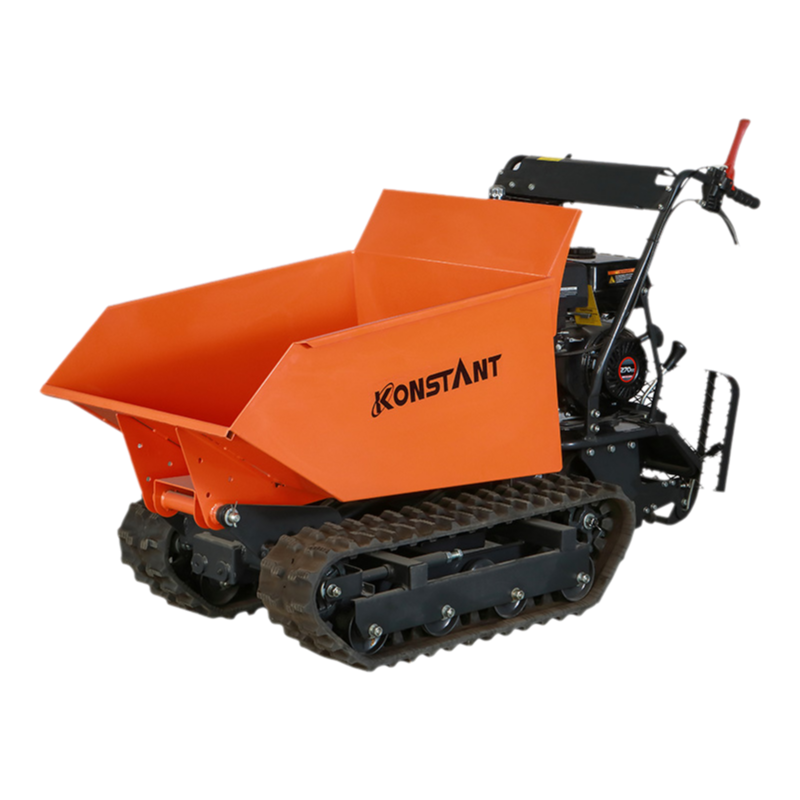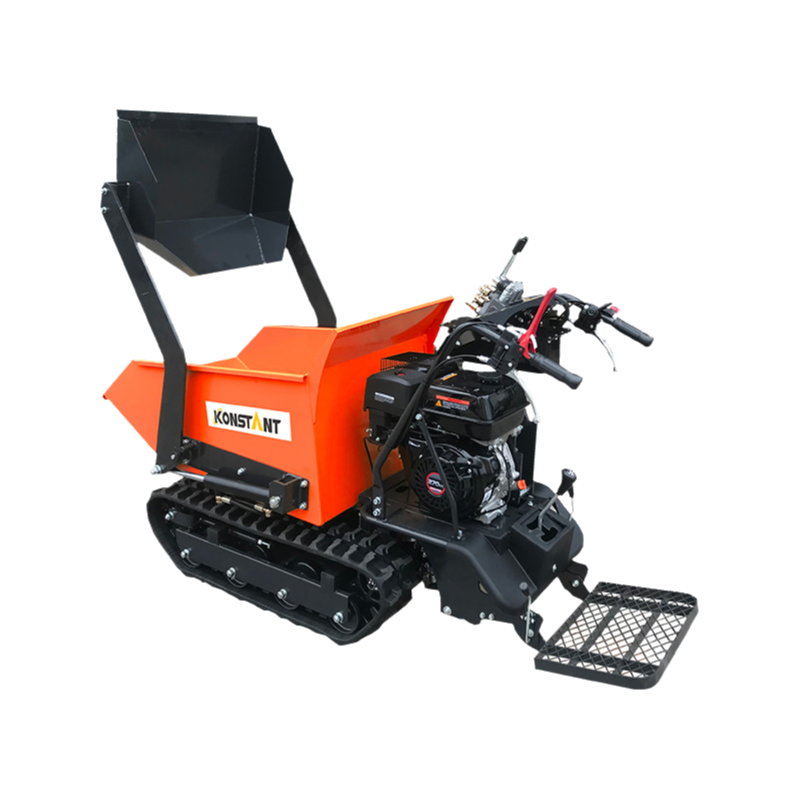Provide you with the latest enterprise and industry news
Electric Garden Loader: Quiet, Clean, and Battery-Smart Landscaping
Posted by Admin
Electric Garden Loader technology has sparked new interest in how battery choices affect efficiency and performance in landscaping tasks. As more garden professionals shift from manual methods or gas-powered equipment to battery-powered alternatives, the decision between lithium and lead-acid batteries becomes more important.
Lithium batteries are widely known for their light weight and long cycle life. For users who manage large garden areas or run urban farms, the lighter load can be a significant benefit, especially over long working hours. With higher energy density, lithium batteries store more power in a compact size, which translates to more run time between charges. This can mean fewer interruptions during tasks like mulch spreading, compost transport, or planting.
On the other hand, lead-acid batteries remain a dependable option for users seeking simple maintenance and lower upfront costs. In smaller garden settings or locations with easier access to charging stations, lead-acid power can be sufficient. They are durable, easily recyclable, and time-tested in industrial and heavy-duty environments.
Meanwhile,the noise pollution is also a growing concern in suburban areas. With homes, parks, and community spaces closely situated, loud machinery disrupts both humans and wildlife. Quiet garden machines help maintain the harmony of such environments, enabling work to be carried out during early mornings or late afternoons without causing disturbance.
Operators also benefit from quieter machinery. Prolonged exposure to high-decibel tools can to hearing fatigue, stress, and long-term damage. Electric loaders not only reduce exposure to sound but also allow users to communicate more easily on the job, enhancing teamwork and safety.
The lower noise output also proves valuable in public spaces. Botanical gardens, hospital green spaces, and urban courtyards all require regular upkeep without drawing attention to maintenance. The switch to electric not only supports efficient work but also respects the calm these spaces are designed to offer.
And the absence of exhaust emissions from electric loaders immediately improves air quality in workspaces. This is especially vital in enclosed greenhouses or small gardens surrounded by homes. Reducing emissions supports cleaner breathing environments for workers and plant life alike.
Additionally, electric equipment reduces reliance on fossil fuels. Landscapers who replace multiple gas-powered tools with electric alternatives contribute to broader sustainability goals. These machines often run on rechargeable batteries, many of which are made with recyclable materials and developed under environmentally conscious processes.
The rising demand for sustainable food and community-supported agriculture creates higher expectations for daily productivity. Urban farmers, educators, and volunteers now turn to electric machines not just for environmental value but for practical labor savings.

 English
English русский
русский Français
Français Español
Español Deutsch
Deutsch















